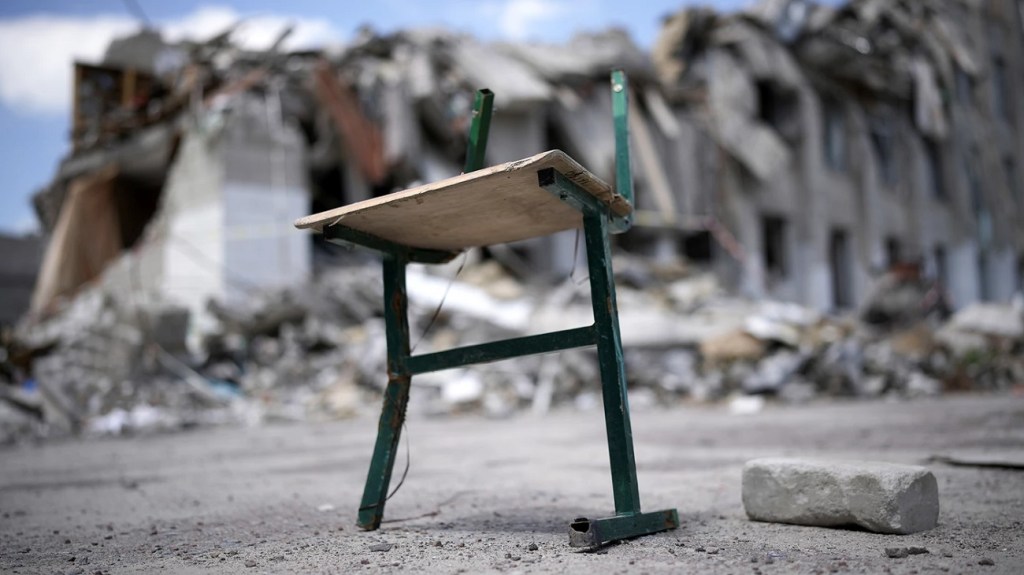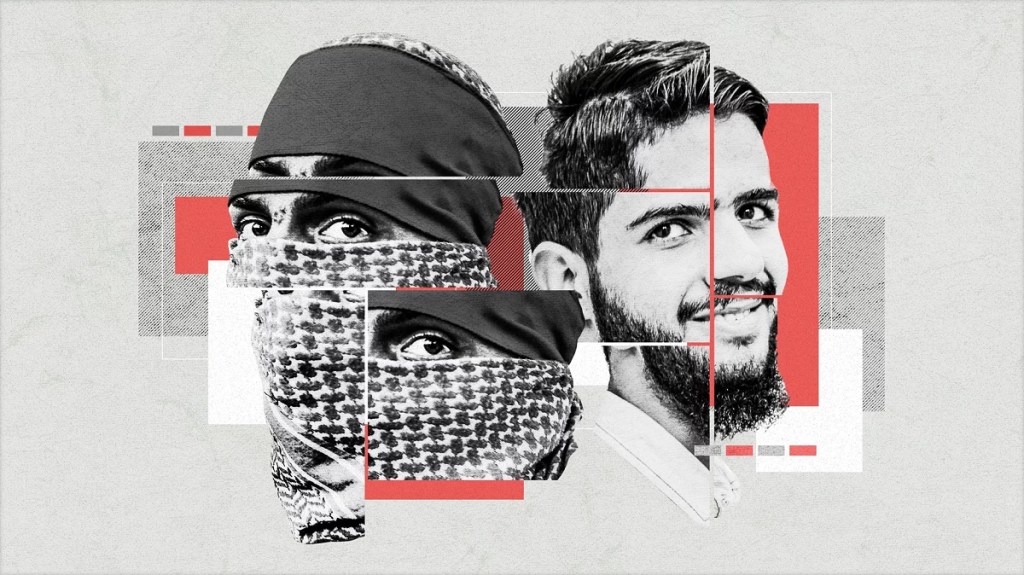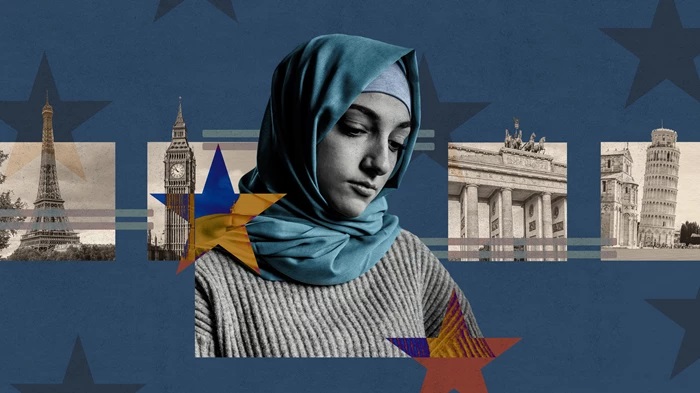Government restrictions on religion are at a global high.
Social hostility toward religion, however, has ticked downward.
So concludes the Pew Research Center in its 14th annual analysis of the extent to which 198 nations and territories—and their citizens—impinge on religious belief and practice.
Some sort of harassment of religious groups was recorded in all but eight.
The 2024 report, released earlier this month, draws primarily from more than a dozen UN, US, European, and civil society sources, and reflects conditions from 2021, the latest year with fully available data.
The global median on Pew’s 10-point scale of government restrictions reached 3.0 for the first time ever, continuing a steady rise since the baseline score of 1.8 in 2007. Overall, 55 nations (28%) recorded levels marked “very high” or “high,” only two lower than last year’s total of 57.
Nicaragua was highlighted for harassment of Catholic clergy.
Regional differences are apparent: The Middle East and North Africa (MENA) scored 5.9, up from its baseline score of 4.7. Asia-Pacific scored 4.2, up from 3.2. Europe scored 3.1, up from 1.7. Sub-Saharan Africa scored 2.6, up from 1.7. And the Americas scored 2.1, up from 1.0.
Pew’s 20 measures of government restrictions included efforts to “ban particular faiths, prohibit conversion, limit preaching, or give preferential treatment to one or more religious groups.”
Some pertained to COVID-19, such as Canada’s fines against open churches.
A further 13 measures for acts of religious hostility by individuals or groups included “religion-related armed conflict or terrorism, mob or sectarian violence, harassment over attire for religious reasons, and other forms of religion-related intimidation or abuse.”
Social hostilities toward religion continued to trend downward since a high of 2.0 in 2018, decreasing to 1.6, the lowest score since 1.2 in 2009. But 43 nations (22%) still recorded levels marked “very high” or “high,” though significantly fewer than the 65 offending nations in 2012.
Nigeria was cited for clashes between Muslim herders and Christian farmers.
The order of regional differences in social hostility…
This article was originally published at Christianity Today, on March 18, 2024. Please click here to read the full text.


















